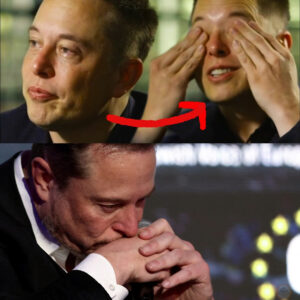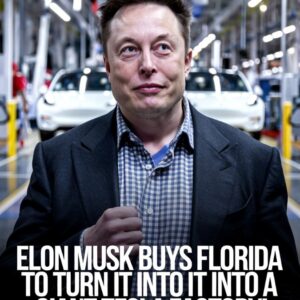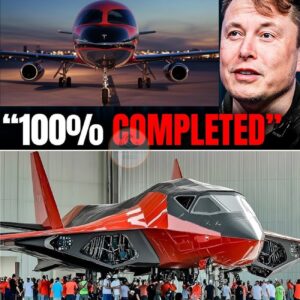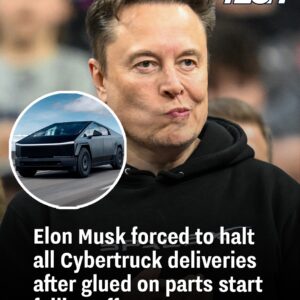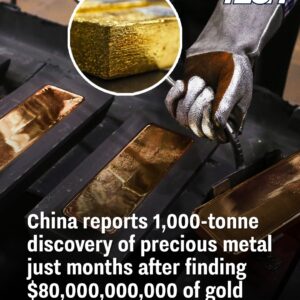TOYOTA CEO Says NEW WATER ENGINE Will END Electric Cars!
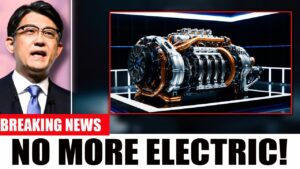
In a groundbreaking announcement, Toyota’s CEO has claimed that a revolutionary water-powered engine could soon disrupt the electric vehicle (EV) market. The Japanese automaker, known for its innovation in hybrid technology, has reportedly developed a water-based propulsion system that could make battery-powered EVs obsolete.
The Game-Changing Water Engine
Toyota has been exploring alternative fuel sources for decades, with hydrogen fuel cells being a significant focus. However, this new development suggests a shift toward a water-powered combustion or reaction-based engine. If successful, such technology could offer a more sustainable and readily available energy source than lithium-ion batteries, which rely on scarce and environmentally damaging raw materials.
How Does It Work?
While Toyota has yet to reveal full technical details, experts speculate that the system could use water electrolysis, hydrogen extraction, or even a completely new method of energy conversion. If Toyota has indeed cracked the code on efficiently harnessing water as fuel, it could lead to an era where refueling a car requires nothing more than ordinary water.
Impact on the EV Market
Electric cars have been hailed as the future of transportation, with major automakers and governments worldwide investing heavily in battery technology. However, Toyota’s announcement has sparked speculation that water-based engines could present a cleaner and more practical alternative. Unlike EVs, which require hours to charge and depend on an evolving charging infrastructure, water-powered vehicles might provide instant refueling solutions with minimal environmental impact.
Challenges and Skepticism
Despite the excitement, many industry experts remain skeptical. The concept of a water engine has been met with doubts due to fundamental energy laws—water is stable and does not burn, meaning any energy extraction method must be highly efficient to be viable. Additionally, regulatory approval, infrastructure changes, and production scalability could pose significant hurdles.
Toyota’s Vision for the Future
Toyota has historically been cautious about fully embracing battery EVs, favoring hybrid and hydrogen alternatives. If this water engine proves feasible, it could reinforce Toyota’s strategy of pursuing multiple energy solutions rather than relying solely on batteries.
While details remain scarce, the possibility of a water-powered vehicle disrupting the automotive industry is both thrilling and controversial. Whether this innovation will truly end the EV era or remain a futuristic dream is yet to be seen, but Toyota has certainly captured the world’s attention once again.
